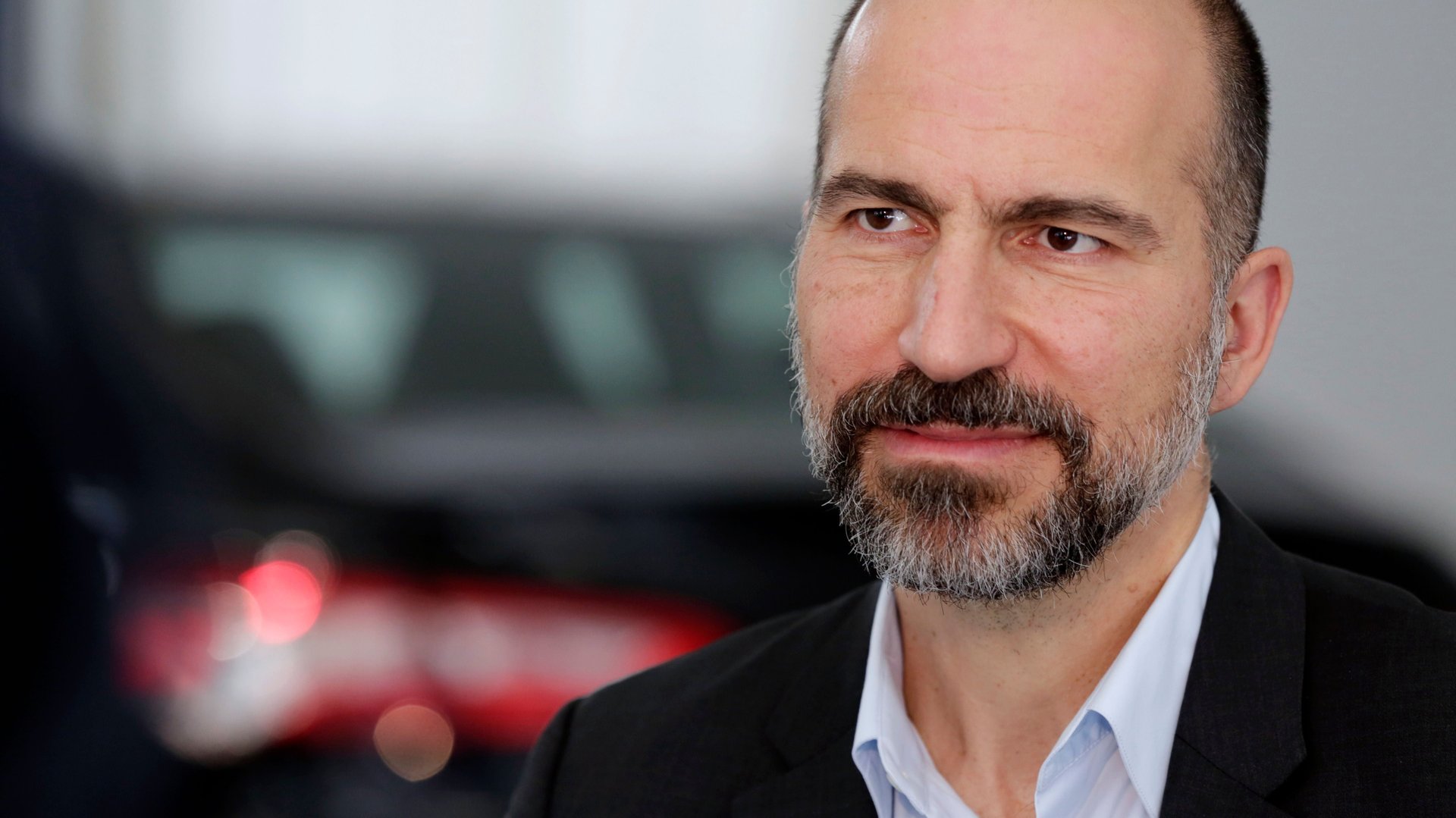All the ways Uber benefits from free rides for vaccines
Starting next week, Uber will provide free rides to anyone in the US going to and from Covid-19 vaccination sites. Uber is offering the rides globally, too: The ride-hailing company is providing 20,000 free rides to the elderly in certain cities in Japan. And, in a partnership with UNESCO, Uber will provide 1 million free rides to teachers around the world.


Starting next week, Uber will provide free rides to anyone in the US going to and from Covid-19 vaccination sites. Uber is offering the rides globally, too: The ride-hailing company is providing 20,000 free rides to the elderly in certain cities in Japan. And, in a partnership with UNESCO, Uber will provide 1 million free rides to teachers around the world.
This comes as the Biden administration has called on the private sector and state governments to find ways to incentivize people to get vaccinated, as demand for vaccines had declined recently.
Anyone without reliable transportation stands to benefit, but Uber has a lot to gain as well.
After its ride-hailing business was crushed by the pandemic, Uber turned to food delivery to prop itself up. In its latest earnings report, Uber reported that total rides have not returned to pre-pandemic levels. The partnership with the White House could help the company, which remains unprofitable, reach new customers. Ride-hailing is popular among urbanites, college grads, and those with higher-incomes, according to Pew Research. Uber is likely counting on some outside those groups who are using it for the free vaccination ride to stick around afterward. Once new users download the Uber app, it makes it more likely they will consider the service in the future.
It also helps that Uber is now able to offer them more than rides: It expanded delivery during the pandemic beyond food to include prescriptions and alcohol, and has moved into services like car rental and scheduled rides.
Uber—which began rolling out free vaccination rides in December—says it has provided 2 million rides already. The company says it is not being paid by the federal government to provide the rides.
The company could also benefit from some good PR. Uber—seen as the less socially-responsible ride-hailing company compared to its rival Lyft—continues to face a backlash from labor advocates and policymakers on how gig workers are treated both in the US and globally. Recently, Reuters reported the US labor department plans to have “conversations” with the gig companies about their employment model.
It’s a conversation Uber is ready to have. In November, Uber and other gig platforms won an exemption from California’s labor law, which would have required gig companies to re-classify gig workers as employees. California voters approved Proposition 22, which frees the company from the state measure but requires them to offer a limited benefits package to their workers in the state.
Uber and the other gig companies are looking to take that model, where workers are provided limited new benefits while remaining independent contractors, nationally. So it helps to get in the good graces of the White House. “Going forward, you’ll see us more loudly advocate for new laws like Prop 22,” said Uber’s CEO Dara Khosrowshahi on a call with investors last November. “It’s a priority for us to work with governments across the US and the world to make this a reality.”